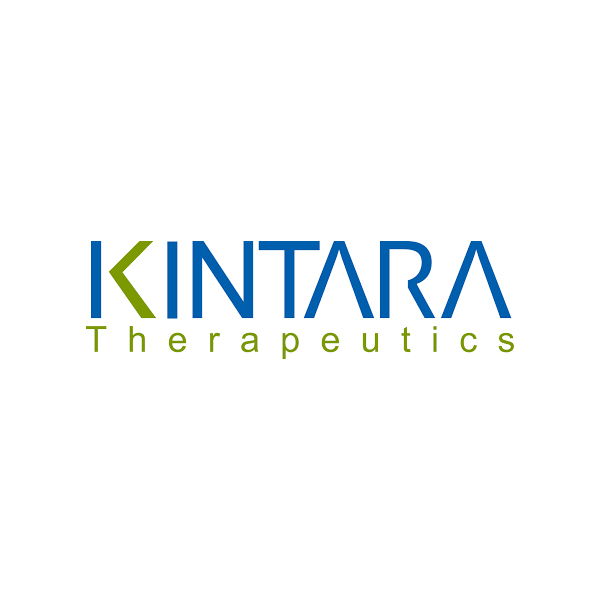
Kintara Therapeutics (NASDAQ:KTRA) reported interim data from two Phase 2 trials evaluating VAL-083 for the treatment of glioblastoma multiforme (GBM).
In the first Phase 2 study, newly diagnosed patients receiving VAL-083 as adjuvant therapy following treatment with radiation and temozolomide demonstrated a median progression-free survival of 10 months, compared with historical temozolomide controls of 5.3 and 6.9 months.
Median overall survival for patients in the recurrent group, who received at least once cycle of second-line therapy with VAL-083 following first-line temozolomide failure, was 7.6 months. In addition, patients who initially received the planned Phase 3 initial dose of 30 mg/square meter/day demonstrated a median overall survival of 8.5 months. Lomustine, the most commonly used chemotherapy for these patients, has historically demonstrated a median overall survival of 7.2 months.
In the second Phase 2 study, newly diagnosed, unmethylated GBM patients receiving VAL-083 as a first-line treatment demonstrated a median progression-free survival of 9.3 months. Patients who initially received a dose of 30 mg/square meter/day demonstrated a median progression-free survival of 8.7 months, which Kintara compares with the historical temozolomide controls of 5.3 and 6.9 months.
“These data continue to confirm VAL-083’s compelling potential as a potent DNA targeting cytotoxic agent for the treatment of GBM,” Dr. John de Groot, a member of Kintara’s scientific advisory board, said in a statement.
“I’m particularly encouraged by VAL-083’s continued ability to demonstrate a favorable progression-free survival trend as compared to temozolomide historical data in newly-diagnosed GBM, and improvement in overall survival compared to lomustine historical data in the recurrent setting,” he added.






